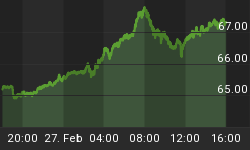I will have another comment out over this long weekend, and it may well mention the S&P ratings downgrades of most of Europe, which just hit the tape. However, I just learned that the Society of Actuaries finally published a paper of mine in their "Retirement Mongraph," available here, and I figured I would mention it to followers of this blog.
Here's my abstract:
To date, the financial literature has focused on very simple algorithms designed to improve the solution to the two-part challenge of determining the optimal portfolio asset-allocation strategy and determining the maximum sustainable withdrawal rate for retirees. Most research, for example the well-known "Trinity Study" of Cooley, Hubbard, and Walz, pursues the asset-allocation problem by maximizing long-run asset growth subject to a withdrawal rule and a given acceptable probability of remorse (a.k.a. shortfall). However, the Liability-Driven Investing (LDI) thought process improves the approach by seeking instead to maximize return for a given level of volatility of the portfolio surplus, rather than optimizing on the basis of the volatility of the assets themselves; by more closely matching assets and liabilities, the sensitivity of the strategy to unexpected returns, risks, and correlations is greatly decreased. I updated the Trinity Study to incorporate inflation-indexed bonds and then illustrate how the LDI thought process may be applied to individual investors.















